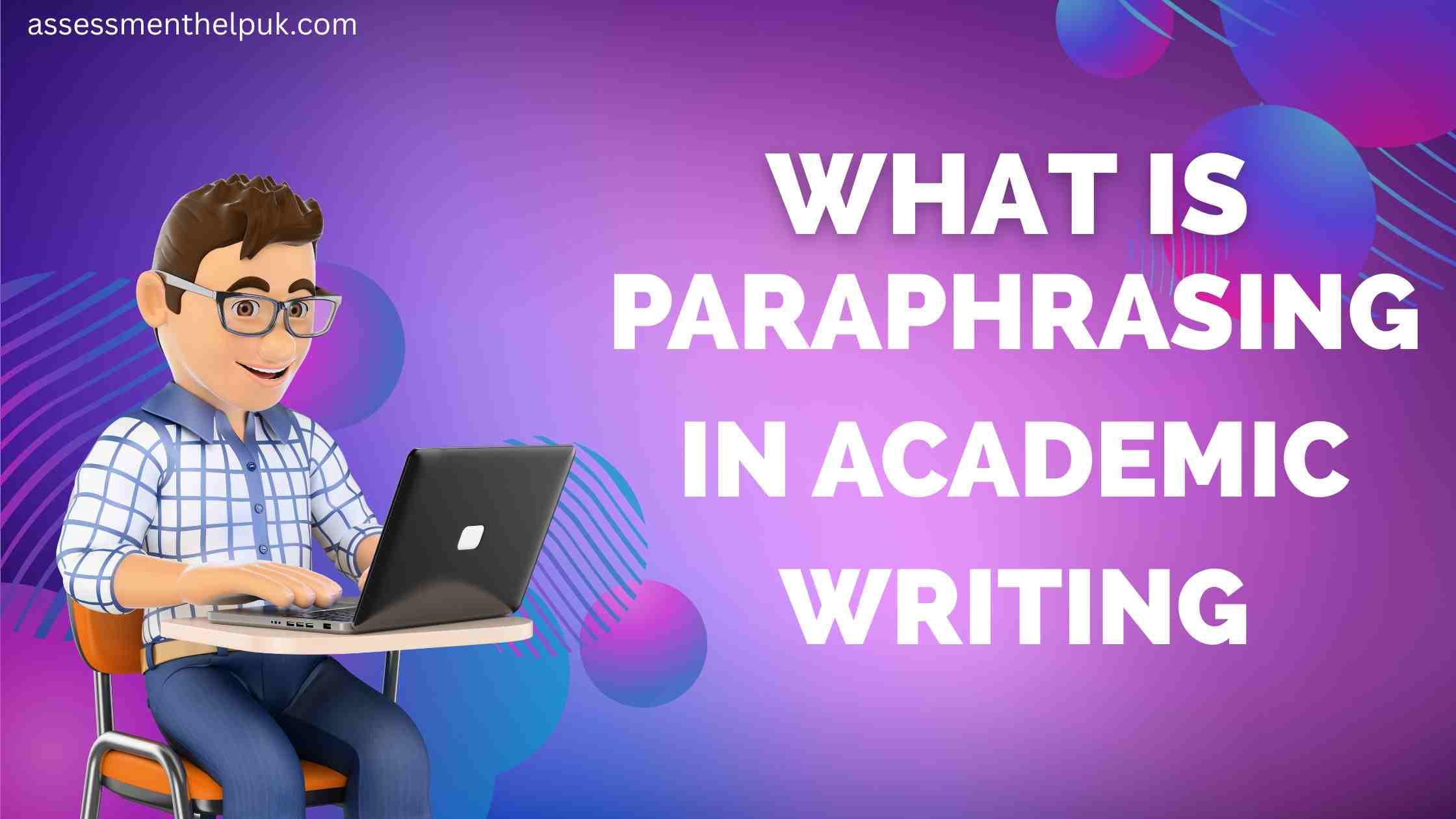Paraphrasing in academic writing is a critical task that needs to be carried out as it is a crucial skill that can help writers to convey the thoughts of other authors clearly, ethically and in their own style. Academically, one should have the ability to show his or her understanding by summarizing the information presented in the source instead of copying it as it is. In combination with quoting and summarizing, paraphrasing in academic writing enables you to utilize the information that is already available and yet prevent plagiarism. This blog will elaborate about what paraphrasing is, its importance and the differences between paraphrasing, quoting and summarizing.
What Is Paraphrasing?
Paraphrasing is rewriting information or ideas of a source using your words and in your own style and still conveying the same meaning. Paraphrasing does not involve writing word-to-word. Rather, you demonstrate that you have learned the material by communicating it in a different way, and you do not fail to cite the issue to give the source credit.
It is important to paraphrase in order to:
- Show your familiarity with an idea.
- Integrate the fit source material in your argument well.
- Direct quotes should not be misused, but your arguments should be supported.
Why Is Paraphrasing Important in Academic Writing?
Paraphrasing is considered an important part of academic writing since it can assist you in being responsible when dealing with the source material. Composing a summary of your own out of your own words is a way of adding evidence to your work without plagiarism. This does not only enhance the fluidity and originality of your text, but also prevents the risk of plagiarism that is the use of others’ words or ideas without the appropriate credits being given.
Academically, plagiarism may make you lose some of your marks all the way to suspension. With the help of correct citations, proper paraphrasing may enable you to apply sources ethically and enshrine your arguments.
How Does Paraphrasing Differ from Quoting and Summarizing?
Although paraphrasing, quoting, and summarizing all amounts to using the ideas of other people in your work, they are used to serve various purposes:
- Paraphrasing: Replaces the words of the text of the source in detail and in your own words and sentence structure. You do quote the source yet not the source wording.
- Quoting: Closes the words in quotation marks, uses the words copied word-to-word and includes a citation. It is acceptable to quote where the first words are special, strong or authoritative.
- Summarizing: Reduces the basic ideas of more extensive piece or whole writing into a reduced structure, once again on your own, with a reference. Summaries present the overview not points.
The task requires selecting the most suitable approach depending on what you intend to do, whether you want to show in-depth concepts, emphasize the specific words, or provide an overview of the broad picture.
Tips for Effective Paraphrasing
- Before rewording the source, read it, and study it.
- It is not enough to replace a few words, but also the structure of sentences.
- Cross check your paraphrase with the original so as to get the right information.
- Even in cases where you may have used your own statement, be sure to acknowledge the source.
- It is best that you do not look at the source when you are writing your paraphrase to minimize plagiarism of the content.
Final Thoughts
To develop a good and ethically sound academic writing, the skill of paraphrasing in academic writing is the best way to do that. It is possible to use sources without copying them and using effective but not plagiarized sources by knowing the difference between paraphrasing, quotation, and summarizing, and following the citing principles. It is important to remember that good paraphrasing in academic writing can not only demonstrate that you have read a source but also that you have properly comprehended the contents as well.
FAQs
Is paraphrasing enough to avoid plagiarism?
Yes, it can as long as you have done it right and what it helps to do is avoiding plagiarism since it indicates that you understood the writing as well as credited the source you got ideas, unlike copying and pasting the work.
At what point will it be necessary to paraphrase rather than summarize?
When you need to mention detailed ideas or information of a source in your own words, you should paraphrase. It is better to summarize when you need to reduce the primary points or provide a short review of a bigger text.
What happens when my paraphrase is close to the original text?
Even when your paraphrase follows closely the original wording, or structure, it could still be plagiarism. Ensure that you reorganize and completely paraphrase your own words and give a citation to it. Another advice to remember when you are uncertain, use direct quotes instead.



